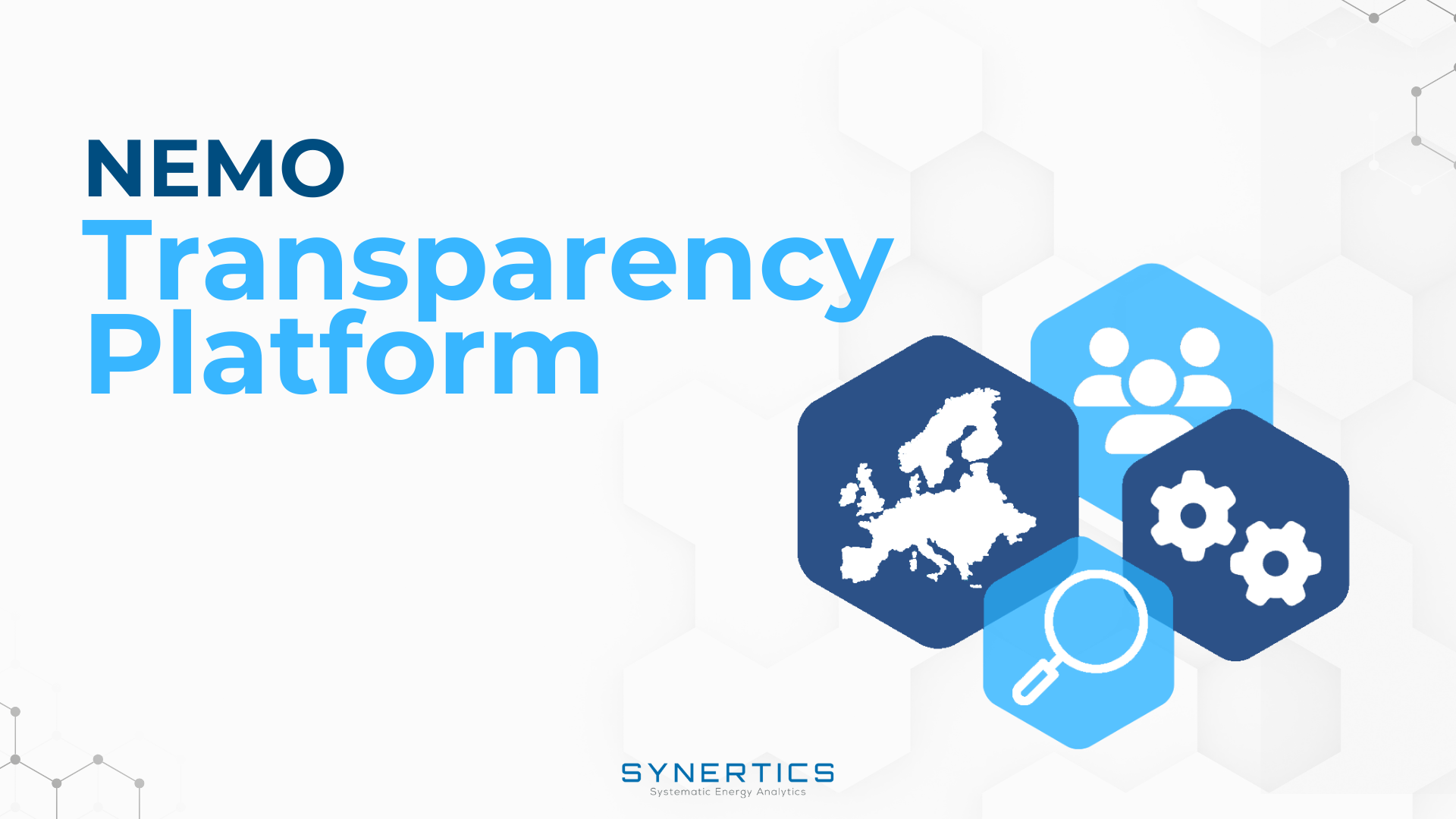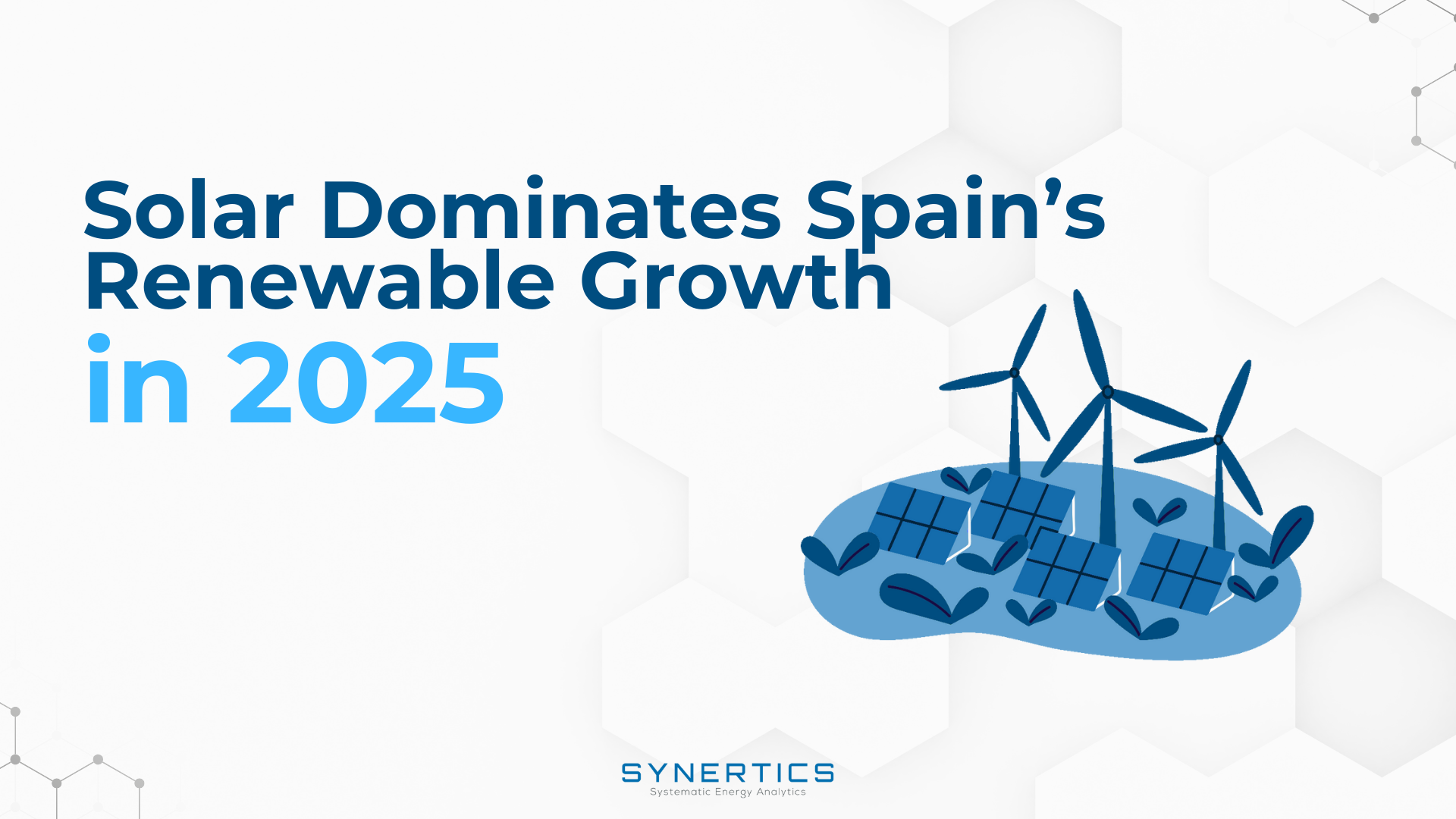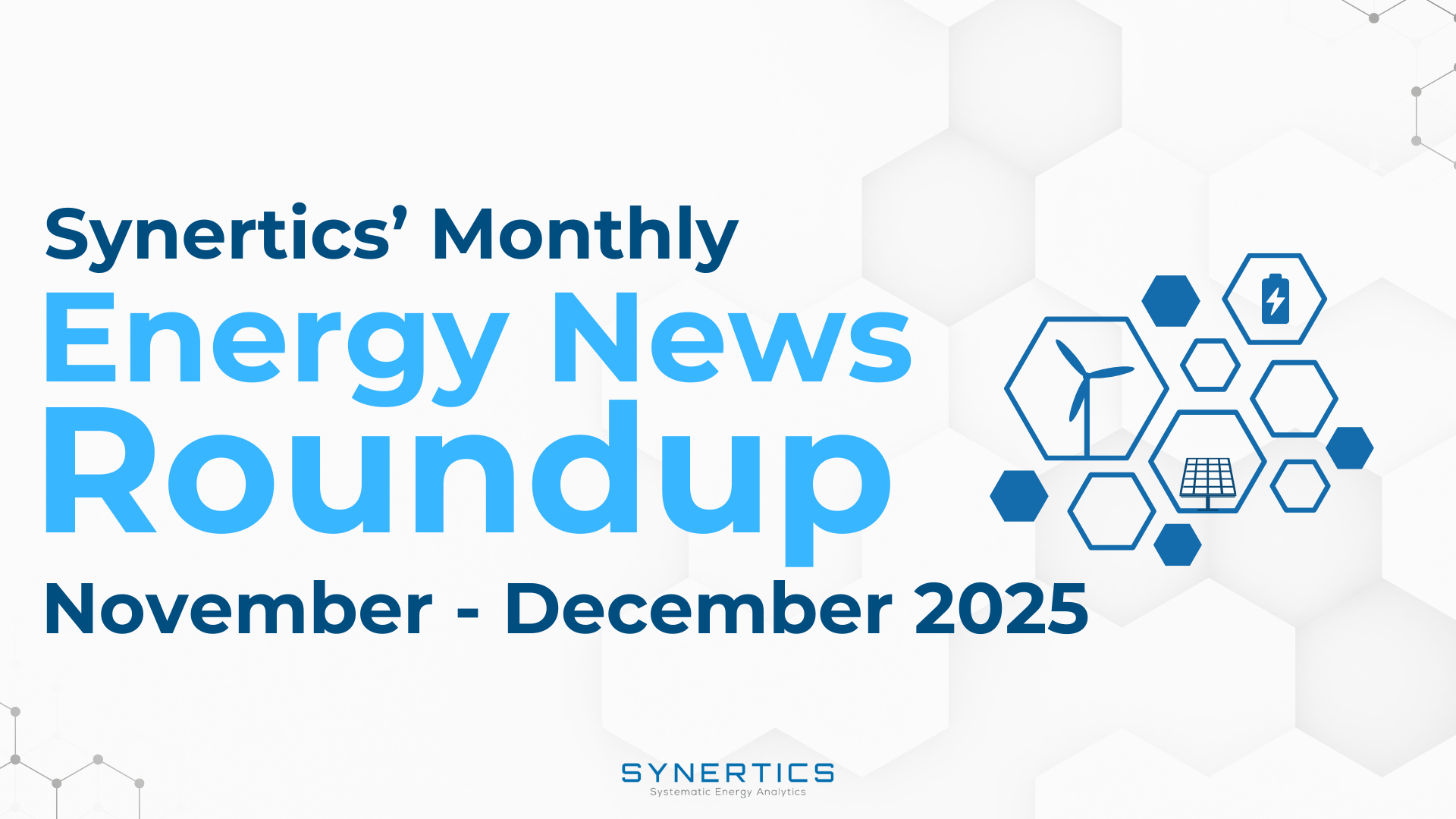Join us on our journey towards renewable energy excellence, where knowledge meets innovation.
In Europe, offtakers like large corporations, industries, and local governments are at the forefront of sustainability

By opting for renewable energy, offtakers not only meet Greenhouse Gas Protocol targets by reducing indirect emissions (Scope 2) but also strengthen their ESG profiles and boost clean infrastructures, significantly contributing to the global fight against climate change.
Greenhouse Gas (GHG) Emissions are commonly categorized into three Scopes by the GHG Protocol, a globally recognised standard that governments and businesses use to understand, quantify, and manage GHG emissions.
- Scope 1: Direct emissions from owned sources.
- Scope 2: Indirect emissions from purchased electricity.
- Scope 3: Other indirect emissions in the value chain.
Scope 1: Direct Emissions
Direct emissions are those that occur from sources owned or controlled by the company. This includes, for example, emissions from fuels burned in boilers, vehicles, or furnaces; fugitive emissions; and emissions from chemical processes in industrial operations.
Practical examples: If a company operates a fleet of vehicles or owns a factory that emits greenhouse gases as part of its production process, these emissions are classified as Scope
Scope 2: Indirect Emissions from Purchased Electricity
Emissions are indirect and result from the generation of purchased electricity, heat, or steam consumed by the company. These emissions are considered indirect because, although the company consumes the energy, it does not emit the emissions directly.
Practical examples: If a company purchases electricity to power its offices or manufacturing operations, the emissions associated with the production of that electricity are considered Scope 2 emissions.
Scope 3: Other Indirect Emissions
These emissions are all other indirect emissions that occur in a company's value chain, both upstream and downstream. These are the most difficult to measure and manage, as they occur outside the operational boundaries of the company and involve activities of other organizations.
Practical examples: Include emissions associated with the extraction and production of purchased materials, transportation of purchased products, use of products sold by the company, employee commuting, business travel, and even the end-of-life of products sold.

Transitioning to green energy safeguards against fossil fuel price volatility and, with tax incentives in many European countries, promotes significant long-term savings. Renewable energy companies attract investors and stakeholders positively, reflecting the growing demand for sustainable practices.
Despite the benefits, transitioning to renewable energy can present challenges, such as initial investment costs and infrastructure. However, solutions like Power Purchase Agreements (PPAs) offer a viable pathway. PPAs allow offtakers to lock in long-term energy prices, providing financial stability and facilitating business planning. Collaboration and partnerships between offtakers and renewable energy suppliers can also drive innovation and efficiency.
Adopting renewable energy is a wise and responsible approach. By adhering to ESG standards and GHG protocols, offtakers not only improve their corporate reputation but also gain significant economic advantages. As we progress towards a sustainable future, the role of offtakers in the growth of a clean and resilient energy market will become even more crucial.

Insights
22nd Jan, 2026

Insights
12th Jan, 2026

Insights
12th Jan, 2026